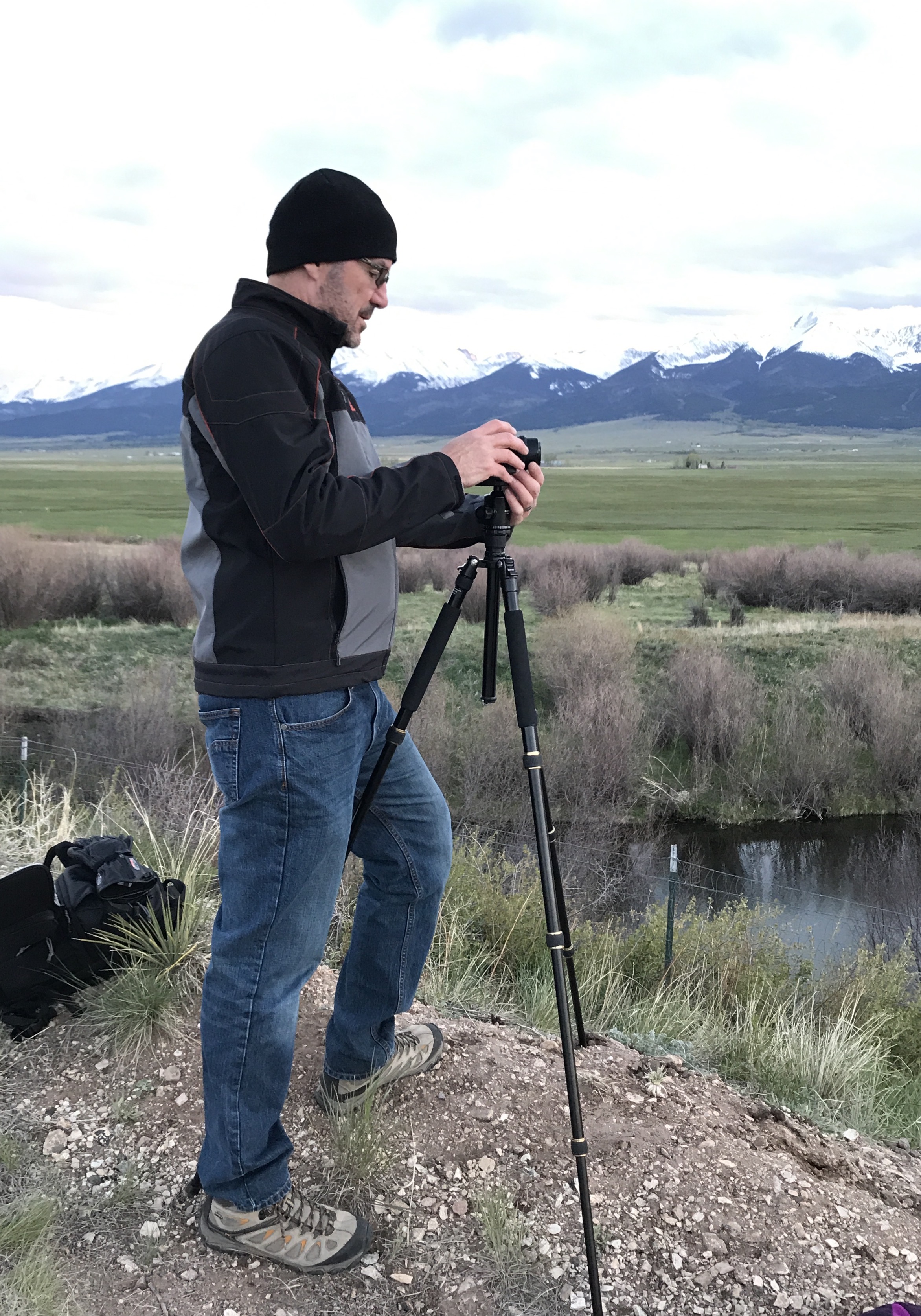The Cost of Being Fixed
- Chris Monnette

- Oct 31, 2025
- 4 min read
A reflection on technology, vision, and the quiet wisdom of imperfection.

Recently, several of my friends have forwarded news stories about an exciting new breakthrough in the treatment of macular degeneration: a tiny, light-sensitive chip implanted beneath the retina that can partially restore central vision. The technology, known as the PRIMA System, has shown early promise in European trials and is now being studied in the United States. The idea is astonishing: convert light into electrical signals that stimulate the remaining retinal cells, bypassing the ones lost to disease. It’s the kind of development that once belonged to the realm of science fiction, now inching its way into reality through microelectronics and neuroscience.
For someone who has lived with macular degeneration for more than a decade, you might think I’d be first in line to volunteer. And yet, as I read those headlines, a quieter question rises alongside the wonder. If this technology could give me back what I’ve lost, what would be the cost?
To be clear, I’m not speaking of the financial cost, although that might be significant. Nor do I mean the physical price it might exact, the discomfort and risk that come with any procedure. When I was first diagnosed with macular degeneration more than a decade ago, I received injections in my eyes for the first six months or so. I’m not sure who dreaded those appointments more, me or my doctor. I’m a guy who struggles to put in eye drops. A needle? Let’s just say I’m surprised she didn’t strap me to the chair first.
No doubt my vision loss has created its share of physical challenges. Even the act of writing this requires a screen reader to help me “see” what I’m typing. So yes, the idea of restoring, even partially restoring, my central vision is deeply compelling.
The thing is, in the twelve years since my diagnosis, vision loss has taught me more about myself than any other experience in my life. It’s why I titled my memoir about the experience Seeing Clearly. An odd title, perhaps, for a book about losing a good portion of one’s eyesight, but an accurate reflection of what that loss revealed.
Still, there’s another kind of cost I find harder to name. Low vision has become part of who I am. It’s shaped how I move through the world, how I listen, how I pay attention. It’s taught me patience, humility, and a deeper kind of seeing that has nothing to do with eyesight. When something has been both your greatest limitation and your greatest teacher, what happens if it’s suddenly taken away?
I’ve told friends that I no longer even know what perfect eyesight looks like. Intellectually, I understand my vision is poor, but it’s the only world I know now, and if I’m honest, I like who I am in this world.
I sometimes wonder what I might lose by gaining better eyesight, whether something essential would slip away in the trade. Over time, this way of living has forced me to slow down, to look inward, to find meaning in the quiet moments that don’t require perfect vision. It’s changed not only how I see the world but how I understand myself in it. When I mentioned that to my wife, she looked at me as if I’d grown a third eye, which, come to think of it, might actually solve the whole problem, as long as its macula was still intact.
Maybe that’s why I hesitate when friends send me those hopeful headlines. It isn’t cynicism or fear. It’s the awareness that healing can come in more than one form, and not all of them involve being fixed.
In his book Sapiens, which I referenced in another recent post, Yuval Harari suggests that humanity’s next horizon is not merely to survive nature, but to transcend it, to design life, replace biology with technology, and become less dependent on the quirks of our bodies and our environment.
I know some who find that vision of the future thrilling, and I understand the appeal. It just isn’t mine. Because as we find new ways to escape the very things that make us human—our frailties, our aging bodies, our fragile vision, our need for others—are we also sacrificing what gives our lives depth and meaning?
Our limitations have always been our teachers. They forced us to adapt, to rely on one another, to build community. Maybe the point isn’t to outgrow our limits, but to grow within them. My own imperfect eyesight keeps teaching me that what’s broken isn’t always what needs fixing. Sometimes it’s what helps us see what matters most.
If I restored my vision, would I regain only clearer sight, or also lose the clarity I’ve found within the unfocused world I navigate? Would better eyesight mean a better life, or simply a different one, less textured by what it means to be human?
Perhaps what makes us human is our imperfections and what they teach us about life. And maybe it is the contours of those flaws that give our lives color.
Closing Note: If something here spoke to you, please click Like or share your thoughts in the comments. And if you think others might connect with it, please share it.



Comments